Introduction
Gravity, the force that attracts objects towards each other, plays a critical role in the formation and maintenance of our solar system. The strength of gravity varies from one celestial body to another, influencing factors such as atmospheric conditions, surface features, and the potential for human exploration. In this article, we will embark on a cosmic journey, comparing the gravity on various celestial bodies within our solar system, from the least to the maximum, using metric units.
1. Least Gravity: Pluto (0.7 m/s²)
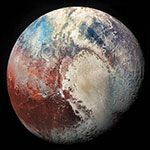
As the smallest dwarf planet in our solar system, Pluto has the least gravity among the celestial bodies we will discuss. With a gravitational force of just 0.7 meters per second squared (m/s²), Pluto's gravity is only about 6% of Earth's gravity. This means that a person weighing 70 kilograms on Earth would weigh only around 4.3 kilograms on Pluto.
2. Moon (1.6 m/s²)
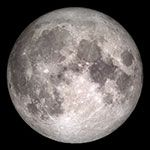
Earth's natural satellite, the Moon, has a gravitational force of 1.6 m/s², making it significantly weaker than Earth's gravity. At approximately 16% of Earth's gravity, a 70-kilogram person would weigh about 11.3 kilograms on the Moon's surface.
3. Mars (3.7 m/s²)
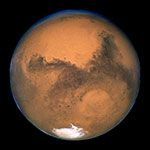
The Red Planet, Mars, boasts a gravitational force of 3.7 m/s². This equates to around 38% of Earth's gravity, meaning a 70-kilogram individual would weigh approximately 26.3 kilograms on Mars.
4. Mercury (3.7 m/s²)
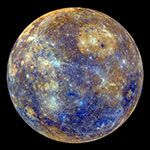
The smallest and innermost planet in our solar system, Mercury, has a gravitational force of 3.7 m/s². With gravity almost identical to Mars, a 70-kilogram person would weigh around 26.2 kilograms on Mercury.
5. Venus (8.9 m/s²)
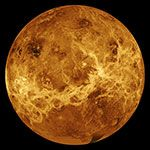
Venus, Earth's closest planetary neighbor, has a gravitational force of 8.9 m/s². With gravity approximately 90% of Earth's, a person weighing 70 kilograms on Earth would weigh around 63.1 kilograms on Venus.
6. Earth (9.82 m/s²)

Our home planet, Earth, has a gravitational force of 9.82 m/s². This serves as a reference point for comparing the gravity of other celestial bodies in our solar system.
7. Uranus (8.69 m/s²)

Despite being larger than Earth, the ice giant Uranus has a slightly weaker gravitational force of 8.69 m/s². This equates to about 89% of Earth's gravity, meaning a 70-kilogram person would weigh approximately 61.8 kilograms on Uranus.
8. Neptune (11.0 m/s²)
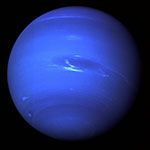
Neptune, the furthest planet from the Sun, has a gravitational force of 11.0 m/s². This represents around 114% of Earth's gravity, so a 70-kilogram individual would weigh roughly 78.1 kilograms on Neptune.
9. Saturn (10.44 m/s²)
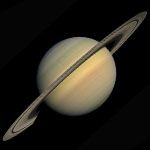
The gas giant Saturn has a gravitational force of 10.44 m/s². At 106% of Earth's gravity, a 70-kilogram person would weigh about 73.1 kilograms on Saturn.
10. Jupiter (24.79 m/s²)
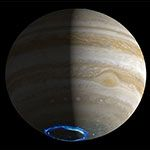
Jupiter, the largest planet in our solar system, boasts a formidable gravitational force of 24.79 m/s². With gravity approximately 253% that of Earth's, a 70-kilogram individual would weigh a staggering 173.5 kilograms on Jupiter.
11. Maximum Gravity: Sun (274 m/s²)
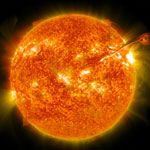
The Sun, the heart of our solar system, possesses the most substantial gravitational force at a staggering 274 m/s². This immense gravitational pull is approximately 2,796% of Earth's gravity. As a result, a 70-kilogram person would weigh an incredible 19,180 kilograms on the Sun's surface (ignoring the fact that they would be vaporized due to the Sun's extreme heat).
Conclusion
Gravity plays a vital role in shaping the celestial bodies within our solar system and impacts the potential for space exploration and human settlement. From the weakest gravity on Pluto to the strongest on the Sun, the variations in gravitational forces among these celestial bodies create diverse environments and fascinating scientific opportunities. Understanding the differences in gravity across our solar system not only enriches our knowledge of these celestial bodies but also fuels our curiosity and desire to explore the universe.

